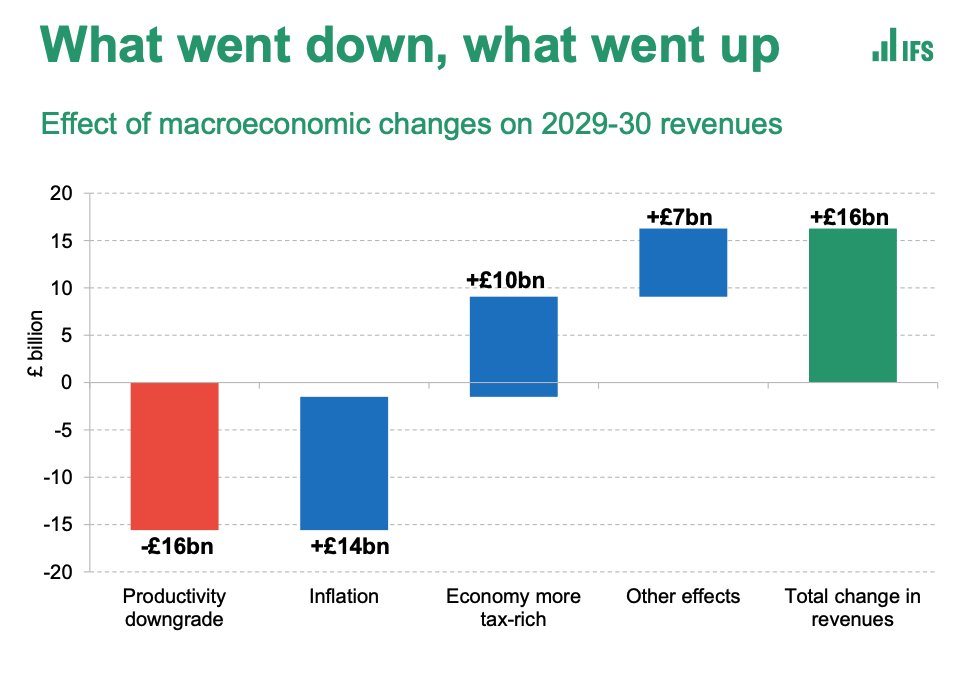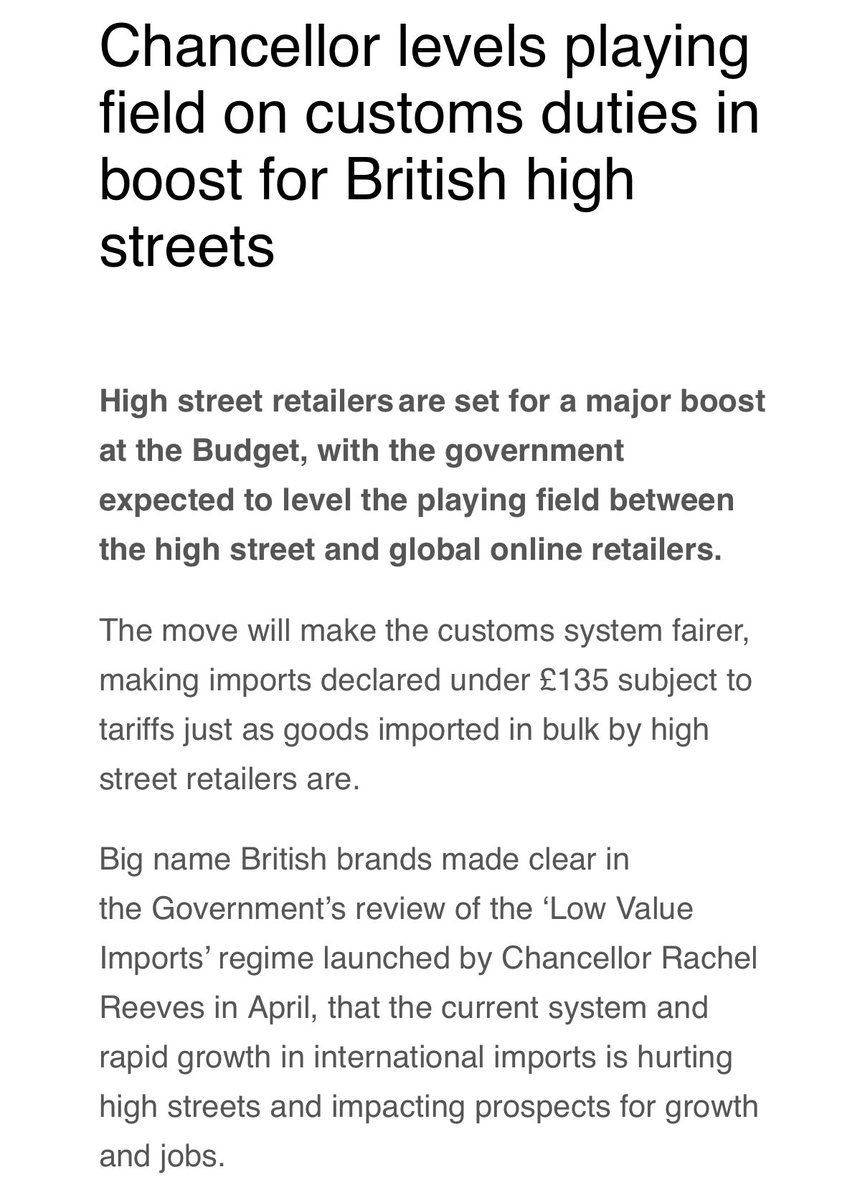Do you think, on balance, that the young have been selfish or selfless in their conduct during the pandemic?
Still plenty of time left in this admittedly unscientific poll, but already the answer is pretty clear.
And frankly, that’s the way I would have voted too.
Nearly every piece of statistical evidence suggests the young have been remarkably SELFLESS during the pandemic.
And frankly, that’s the way I would have voted too.
Nearly every piece of statistical evidence suggests the young have been remarkably SELFLESS during the pandemic.

Clearly they didn’t face the same health risks as the elderly during the pandemic, but most young people followed the lockdown strictures and rules.
Even when lockdowns end they remained remarkably committed and considerate.
This is an @ONS survey abt behaviour POST lockdowns:
Even when lockdowns end they remained remarkably committed and considerate.
This is an @ONS survey abt behaviour POST lockdowns:

Younger generations already face far greater economic disadvantages than older generations: more student debt, lower real earnings potential at the equivalent stage in their career than their parents, worse mental health outcomes. Covid exacerbated many of these issues…
Young people lost years of face-to-face learning.
They were deprived of the rites of passage other generations have taken for granted.
Yes: covid has been tough for everyone.
But those scars on attainment & mental health tend to last longer for the young.
I find this chart scary.
They were deprived of the rites of passage other generations have taken for granted.
Yes: covid has been tough for everyone.
But those scars on attainment & mental health tend to last longer for the young.
I find this chart scary.

Then there are the economic scars.
One of the long-standing issues facing younger generations today is how difficult it is to get on the housing ladder. With inflation so high and interest rates now so low, that will potentially push asset prices higher.
One of the long-standing issues facing younger generations today is how difficult it is to get on the housing ladder. With inflation so high and interest rates now so low, that will potentially push asset prices higher.
That brings me to a pretty astounding statistic.
In the past year, the average house has earned more than the average youngster.
🏠 UK house prices are up by £24,600
💷 Over the same period the average 18 to 29-year-old had medium earnings of £23,250.
The asset divide is widening
In the past year, the average house has earned more than the average youngster.
🏠 UK house prices are up by £24,600
💷 Over the same period the average 18 to 29-year-old had medium earnings of £23,250.
The asset divide is widening
The good news for the young is that another form of economic scarring may be less bad than it looked last year.
Economic activity among the young has recovered v fast since last year (blue line here).
Inactivity now much higher among older workers.
Economic activity among the young has recovered v fast since last year (blue line here).
Inactivity now much higher among older workers.

Anyway, put it all together and I struggle to see how anyone could come to the conclusion that the young, on balance, behaved selfishly during the pandemic.
Yet here’s the thing.
Last year @BobbyDuffyKings asked the same question I did above in a survey…
kcl.ac.uk/policy-institu…
Yet here’s the thing.
Last year @BobbyDuffyKings asked the same question I did above in a survey…
kcl.ac.uk/policy-institu…
Here’s what he found.
49% of people said young people had been selfish (vs 31% who said they were selfless)
More strikingly, even young people themselves (millennials, Gen Z etc) agreed, albeit in smaller numbers: more of them voted that the young were “selfish” over “selfless”
49% of people said young people had been selfish (vs 31% who said they were selfless)
More strikingly, even young people themselves (millennials, Gen Z etc) agreed, albeit in smaller numbers: more of them voted that the young were “selfish” over “selfless”

What to make of it?
I’m not sure.
I’m quite haunted by it.
Were people more swayed by anecdotes - stories abt parties; long lens pix suggesting no social distancing (eg this from May 2020) - than data?
Are generational stereotypes are more powerful than reality?
Something else?
I’m not sure.
I’m quite haunted by it.
Were people more swayed by anecdotes - stories abt parties; long lens pix suggesting no social distancing (eg this from May 2020) - than data?
Are generational stereotypes are more powerful than reality?
Something else?

I’ve written something about this in a piece for The Sunday Times.
Not sure I’m any closer to solving the conundrum above. Not sure of any definitive answers.
But the generational consequences of Covid feels like a seismic issue we need to keep discussing thetimes.co.uk/article/fcca47…
Not sure I’m any closer to solving the conundrum above. Not sure of any definitive answers.
But the generational consequences of Covid feels like a seismic issue we need to keep discussing thetimes.co.uk/article/fcca47…
Oh, a @drjennings tweet reminded me I meant to post this chart too - also in my S Times piece and originally from a @JimReid35 report.
Towards the end of this decade millennials and below will dominate G7 electorates.
Will that change things?
And if so, how?
Towards the end of this decade millennials and below will dominate G7 electorates.
Will that change things?
And if so, how?

• • •
Missing some Tweet in this thread? You can try to
force a refresh














